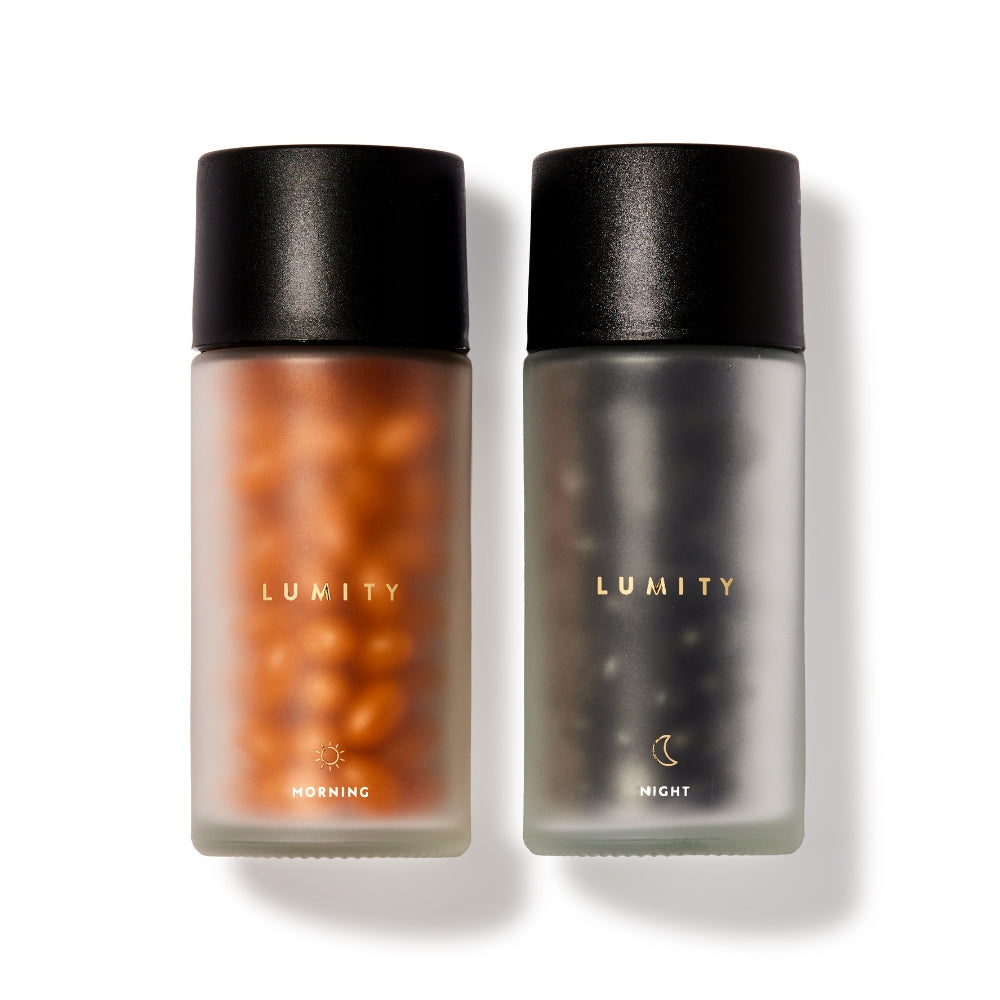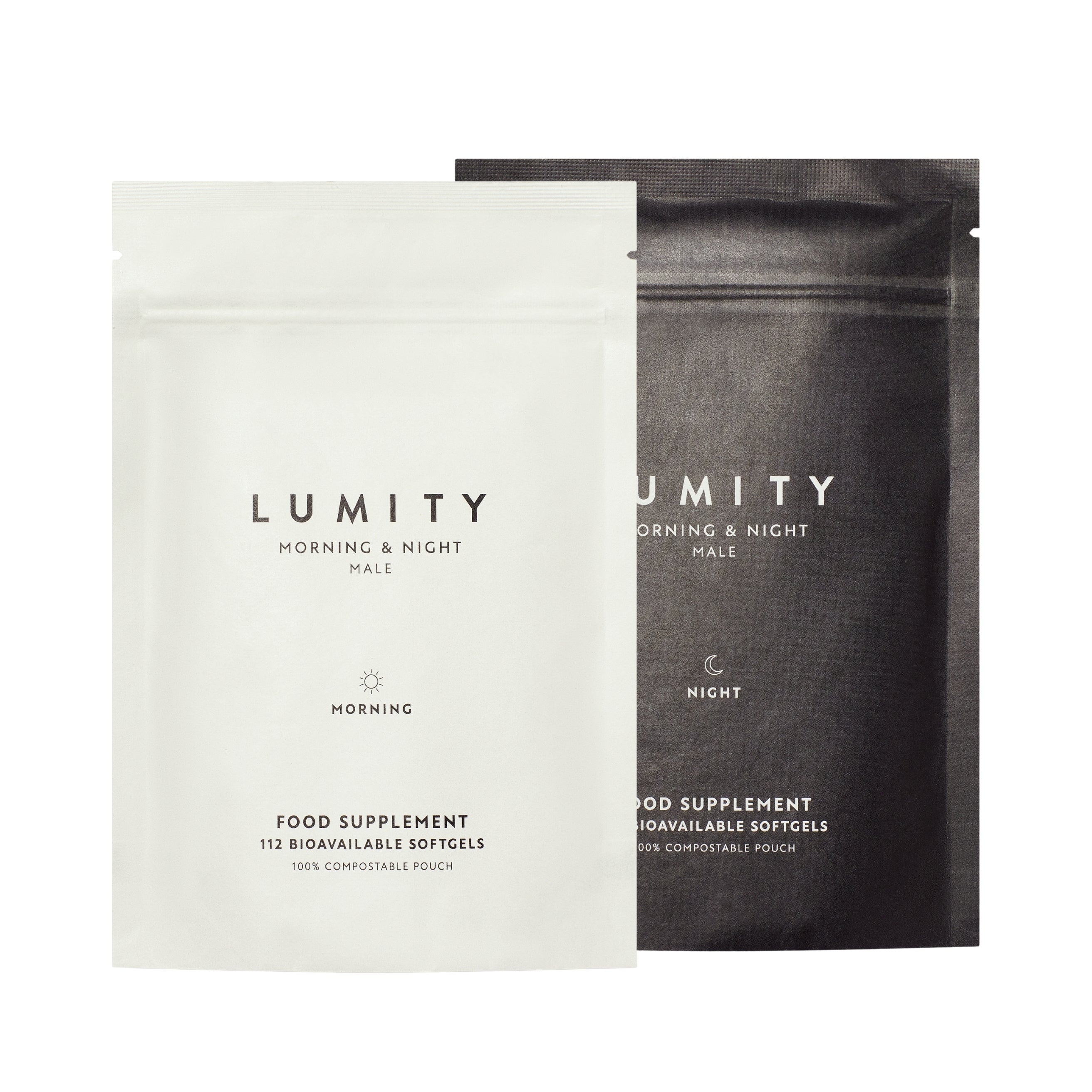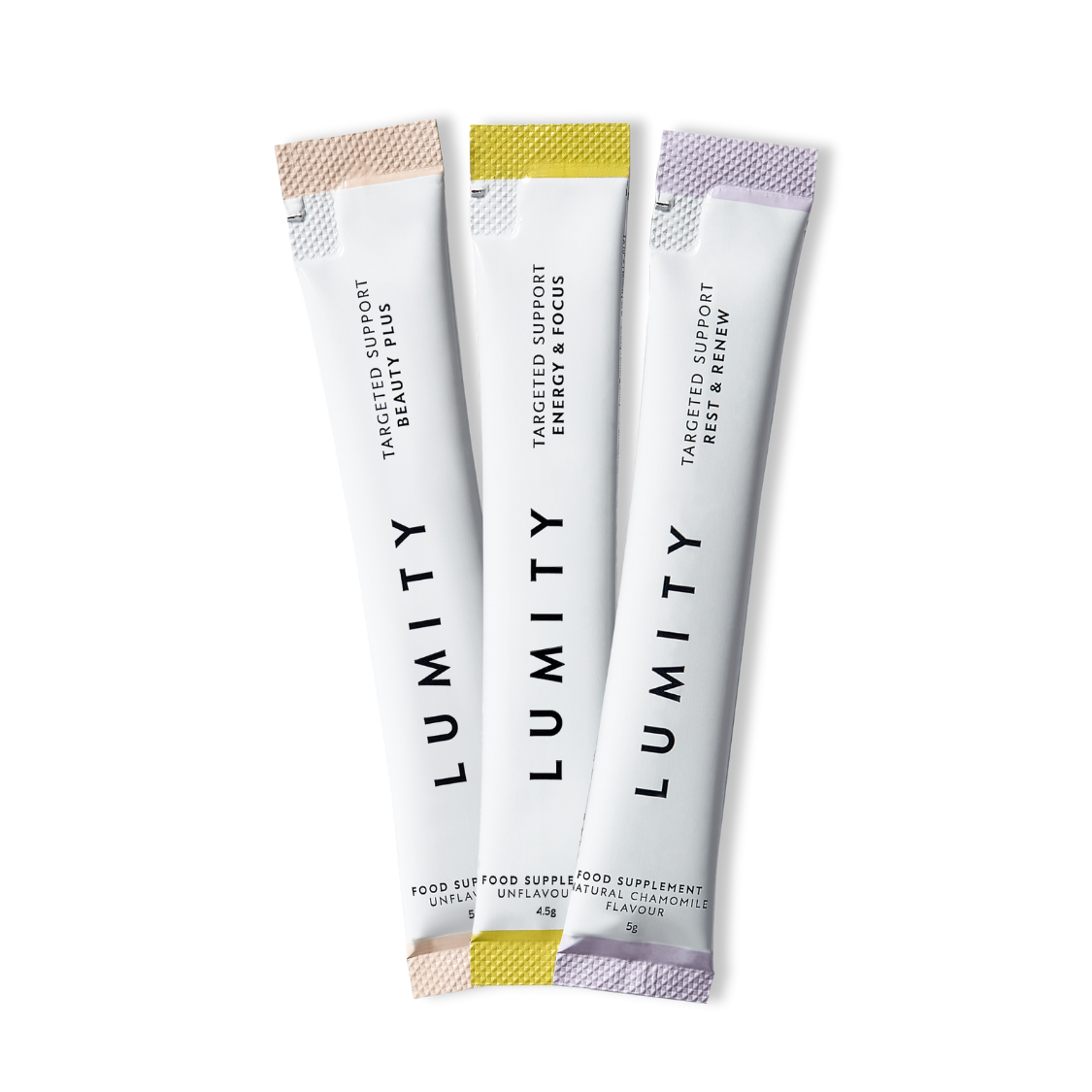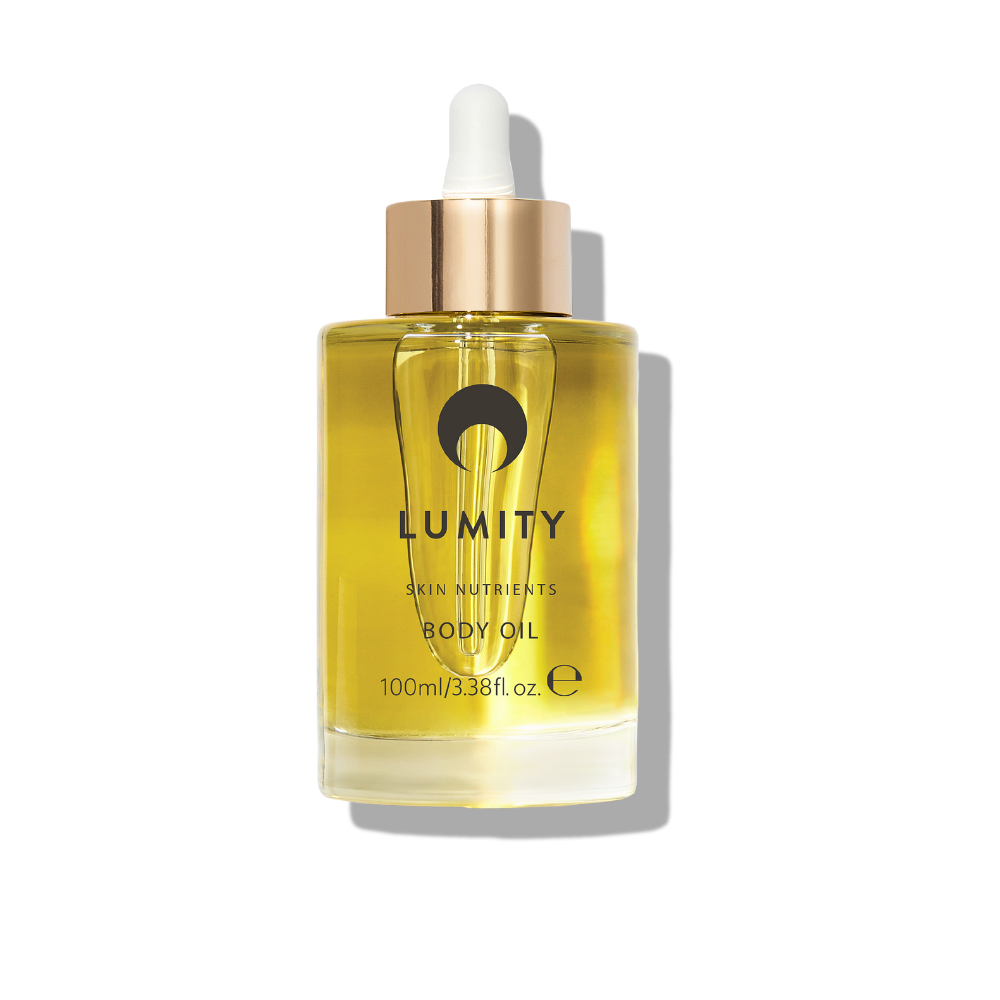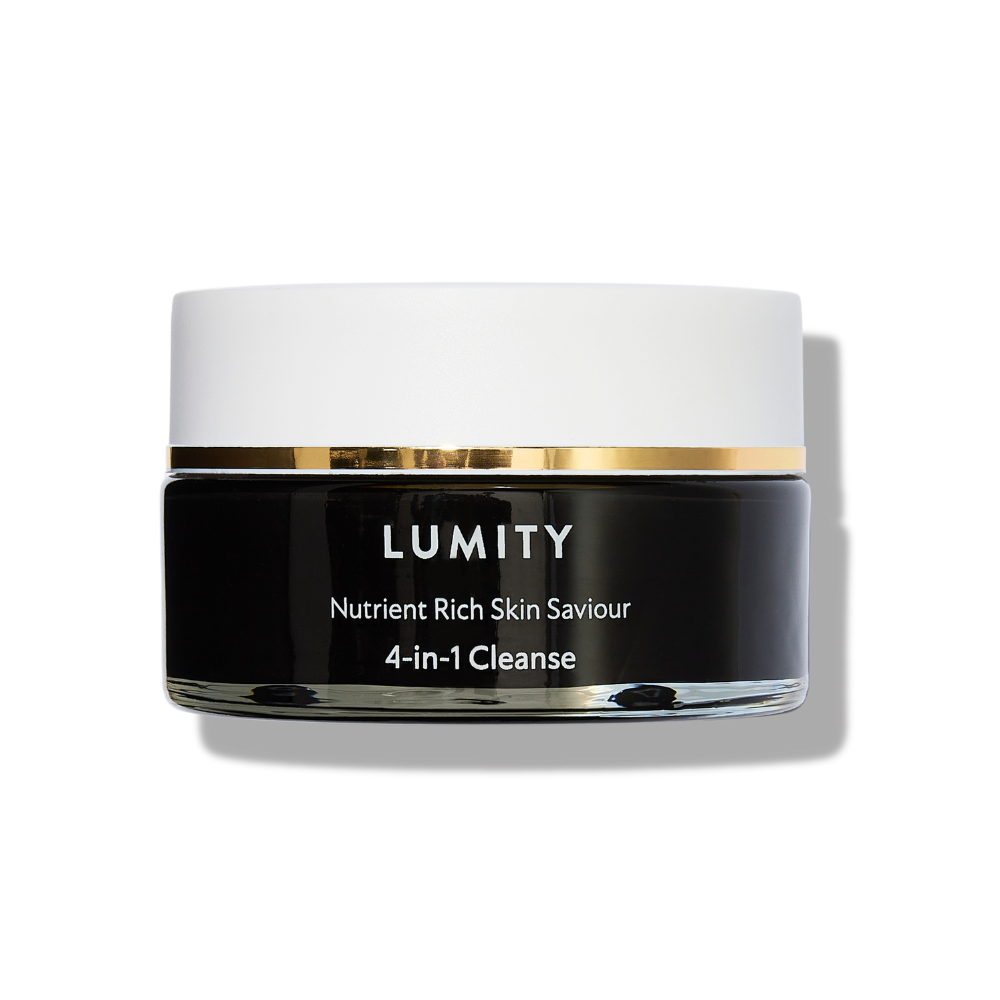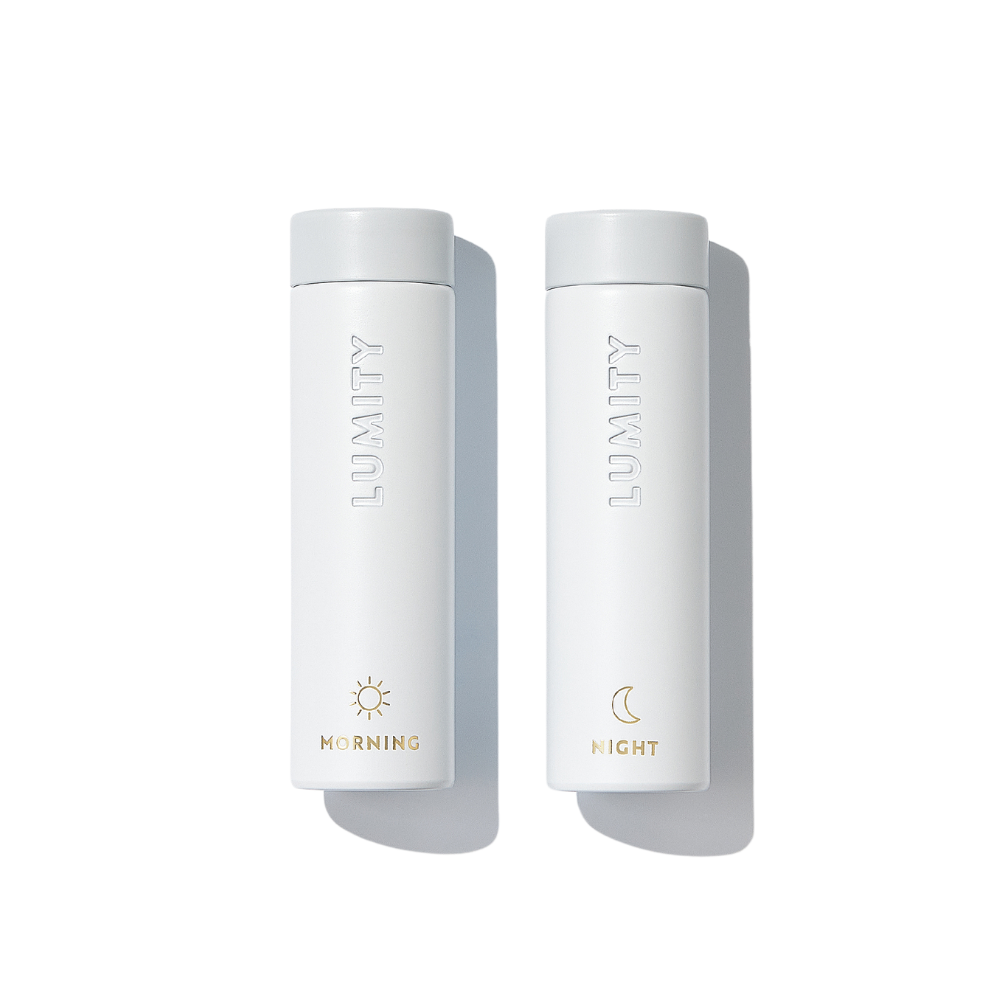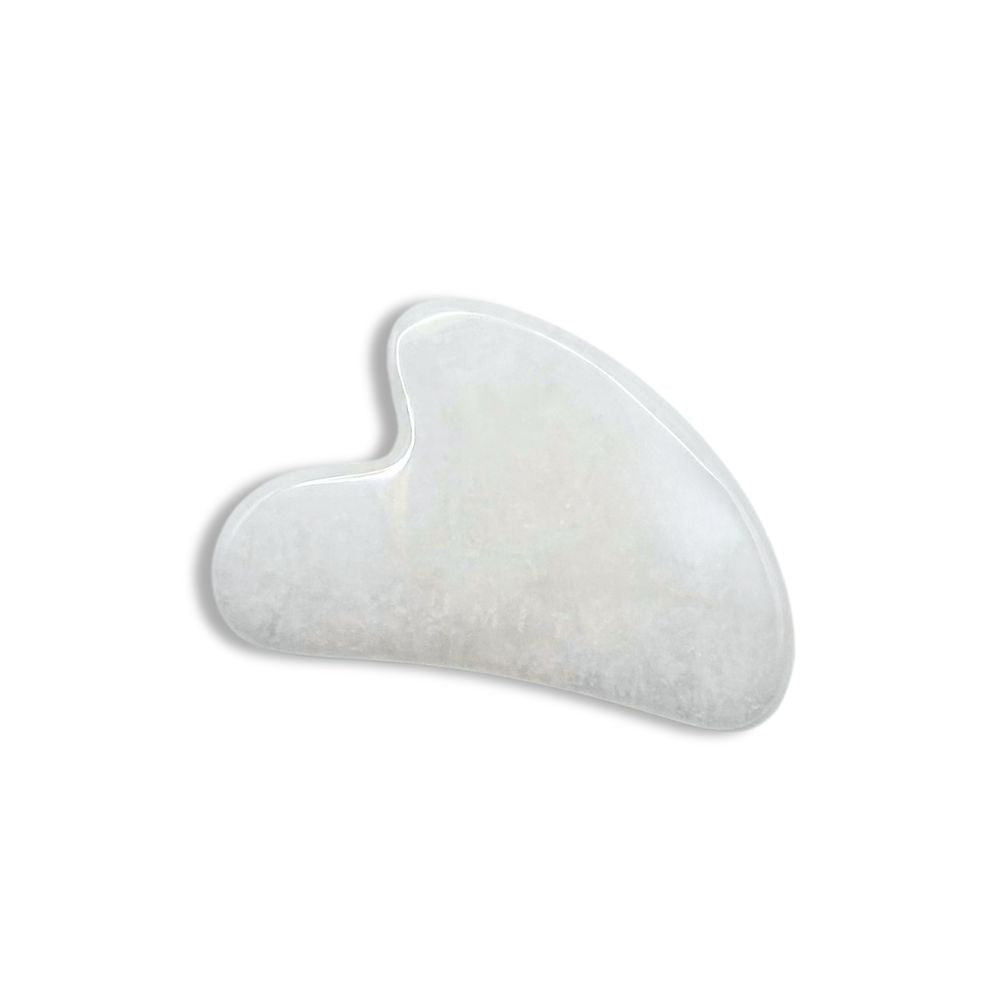Magnesium FAQs

What is Magnesium?
Magnesium has numerous vital metabolic and structural roles in the body.
It is a component of bones and teeth, contributes to healthy muscle and nervous system function, promotes physical strength and endurance, is a critical mineral required for several hundred enzymatic reactions, assists calcium and potassium uptake assists glycolysis and aids many biosynthetic processes.
The energy produced in the mitochondria (energy centres) of cells (ATP) must be bound to a magnesium ion in order to be biologically active. Enough magnesium is, therefore, essential for youthful energy levels. Magnesium is essential also to the permeability of the mitochondrial membrane and to the transfer and utilisation of energy.
Stress, alcohol, caffeine and sugar all contribute to magnesium loss. It is possible that some of the symptoms related to an alcoholic hangover are in part due to magnesium depletion.
Benefits of Magnesium
Magnesium is considered the anti-stress mineral. It is a natural tranquilliser, as it functions to relax skeletal muscles as well as smooth muscles of blood vessels and the gastrointestinal tract. It is considered important in preventing coronary artery spasm, a significant cause of heart attacks.
Magnesium activates enzymes that are important for protein and carbohydrate metabolism. It is also needed in DNA production and function. Magnesium modulates the electrical potential across cell membranes, which allows nutrients to pass back and forth. Without the relaxing effects of magnesium, the muscles of blood vessels would contract, and peripheral vascular circulation would be compromised, leading to hypertension and further reduction of nutrient delivery to the cell.
By increasing calcium solubility, especially in the urine, magnesium can help prevent kidney stones. Magnesium is also helpful in preventing other tissue and blood vessel calcification (and thereby atherosclerosis), as well as some problems of the teeth, including cavities.
Magnesium has been used successfully to treat the symptoms of premenstrual syndrome. Menstrual cramps, irritability, fatigue, depression and water retention have been lessened with magnesium.
The many enzyme systems that require magnesium help restore energy levels and eliminate tiredness and fatigue.
Sleep Benefits

Thanks to this function and its nerve and muscle support, magnesium may also be helpful for nervousness, anxiety, insomnia, depression and muscle cramps. It is believed to be especially helpful for sleep if taken in the mornings.
Signs of Magnesium Deficiency
In hot weather, during times of stress (or chronic stress over a long period of time) and after you have drunk a lot of alcohol it is likely that you could be deficient in magnesium.
What mineral deficiency causes headaches?
A lack of magnesium has been linked to headaches and migraines. Chronic fatigue is another indicator of low magnesium level.
Can magnesium deficiency cause weight gain?
You can eat too many calories and too few nutrients. While a magnesium deficiency doesn’t directly cause weight gain, it can make the metabolism sluggish and the resulting tiredness could cause you to eat more than is needed, so it is best to keep your magnesium levels topped up.
Can magnesium deficiency cause hair loss?
Magnesium is a natural anti-stress mineral and stress is known to cause hair loss. Magnesium plays a crucial role in protein synthesis within the body, and magnesium deficiency also shows up in the form of vertical ridges on nails.
What is the Recommended Daily Magnesium Dose?
Lumity’s capsules contain 60 mg of magnesium which is 16% of the Recommended Daily Amount.
How to Boost Magnesium in Your Diet
Many of us don’t have diets that give us all the magnesium our bodies need. But there are plenty of foods which contain this master mineral.
Foods full of Magnesium

A great magnesium-packed diet would include handfuls of almonds throughout the day as snacks. Or squares of dark chocolate after meals.
Try to make a regular healthy habit of having green smoothies. They’re such a brilliant way to get lots of essential ingredients into your body at once.
Top sources of magnesium
Spinach, Swiss chard, figs, pumpkin seeds, bananas and avocado are all rich in magnesium. If in doubt take a high-quality daily nutritional supplement like Lumity to ensure your levels of magnesium and other essential nutrients never drop too low. If you’re at all worried about the signs of a mineral deficiency, always consult your doctor.
If you feel you need a boost of magnesium in your everyday functioning, Lumity's comprehensive immunity support supplements contain this and every other vitamin you need to age healthy.


